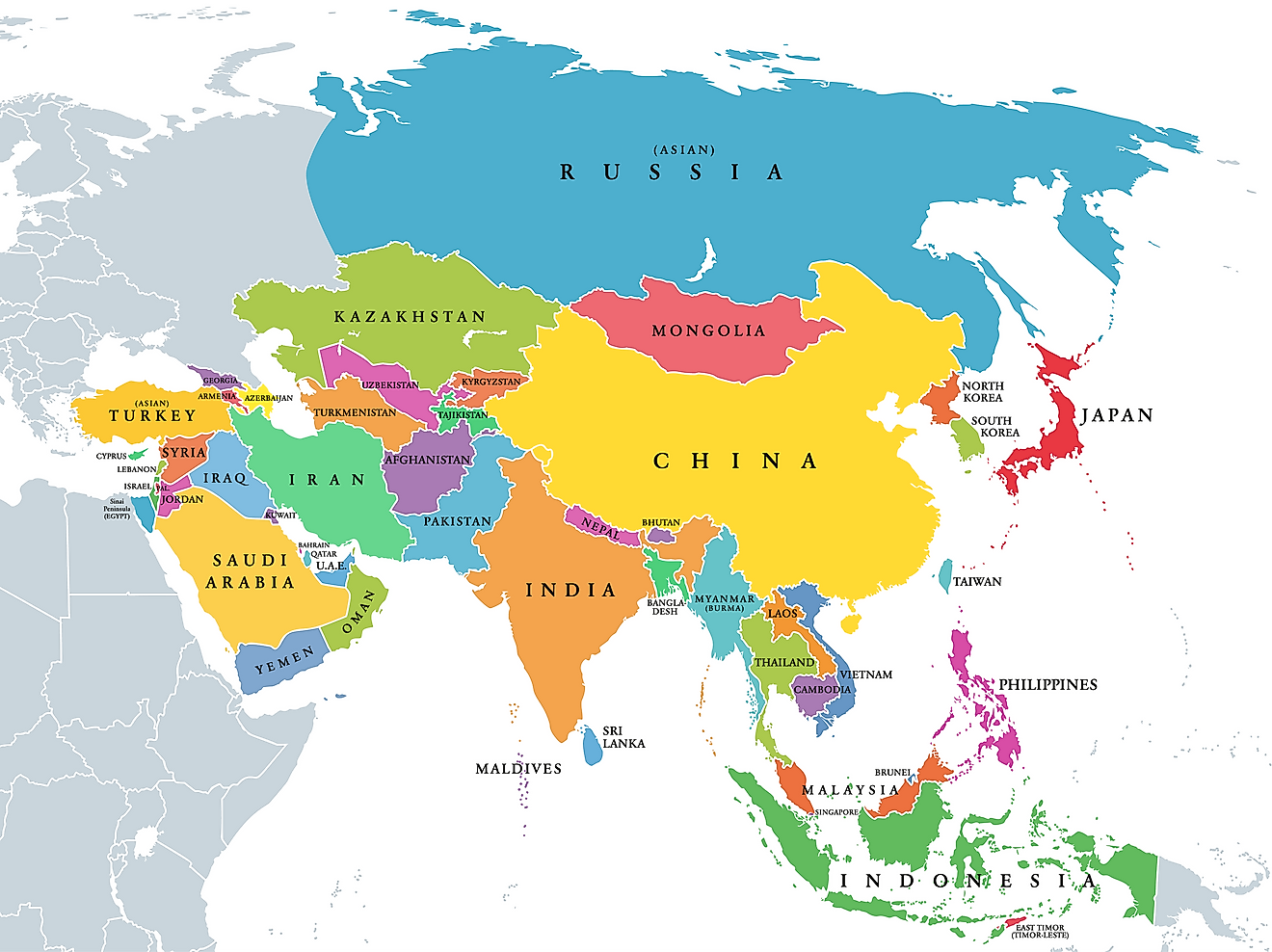The Microstates of Europe

What Are Microstates?
The microstates of Europe are tiny soverign states. The microstates are mainly the six smallest states in the continent including Andorra, San Marino, Malta, Vatican, Monaco, and Liechtenstein. All the states trace their origin in the first and second millennium except Liechtenstein which was created in the 17th century. Microstates are different from micronations in that microstates are small independent states while micronations are small self-declared nations that are not recognized by the larger states. Some scholars have suggested that Vatican City should not be included in the list of states since it does not meet the traditional requirement for statehood.
General Geography of the European Microstates
The microstates are less than 200 square miles with the largest being Andorra with an area of 181 square miles while the Vatican is the smallest with an area of 0.2 square miles. Most of these states lack natural resources and are located in places that are attractive to other larger states. They share borders with some of the larger states in Europe including France (Monaco), Switzerland and Austria (Liechtenstein), and Italy (Vatican).
Economies and Relationship with the EU
The European microstates are small in size, have the limited population, and have limited resources for their growth. As a result, most of the microstates are not able to sustain their economic growth. None of the microstates have an airport; they only have a heliport. They, therefore, depend on the larger state for survival and economic growth. They have also adopted special economic policies that involve low taxation and minimum restrictions on external investments. Some of the microstates have entered into trade agreements and customs union with the larger neighboring countries to boost their economies. For instance, Monaco is in a customs union with Italy and Liechtenstein with Switzerland.
All the microstates have a form of relationship with the European Union with Malta as the only full member. All the microstates except Liechtenstein have entered into a monetary agreement with the European Union. Through the agreement, they have been granted permission to issue euro coin. Andorra, Monaco, and San Marino are considering deepening their relations with the EU. They also participate in European Economic Area, which allows the free movement of goods and people within the bloc.
Future of the European Microstates
The microstates of Europe have shown the ability to survive for centuries. Their political skills, adaptability, and sheer luck have allowed them to navigate the endless political vicissitudes of Europe. However, they are likely to face serious challenges in the future. The pressure from EU and the US for a more transparent financial system is a threat to their economic model. Secondly, the crisis in Europe is also threatening the future of Eurozone, a currency area that most of the microstates participate in but do not have a say on. Since they are not formal members of the eurozone, strains on bank liquidity will have a great impact on their banks since they cannot count on Central Bank of Europe as a last resort lender.











